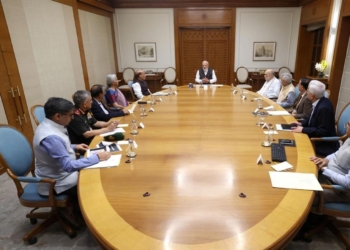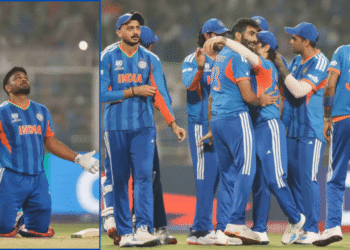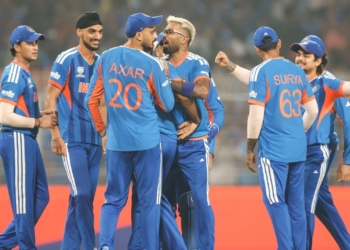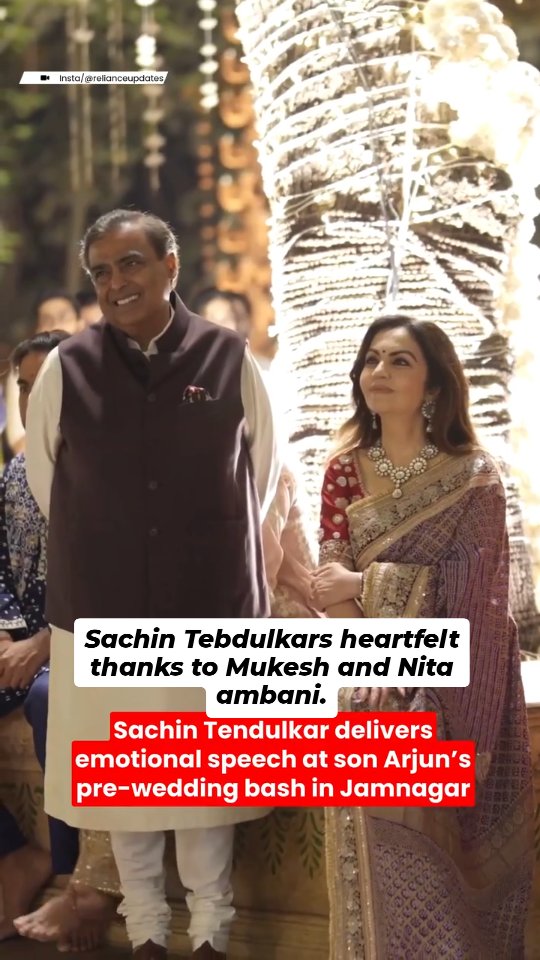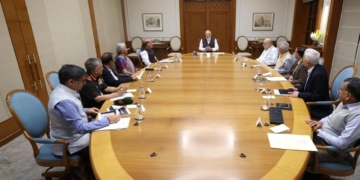In the wake of the horrific terror attack in Pahalgam that claimed 26 lives, a renewed wave of public anger and institutional action has erupted across India — particularly targeting Pakistani artists working in Indian entertainment. Among the voices in the spotlight is Pakistani actor Fawad Khan, who broke his silence with a message of condolence, even as his comeback Hindi film Abir Gulaal faces boycott calls.
Posting on Instagram, Fawad wrote: “Deeply saddened to hear the news of the heinous attack in Pahalgam. Our thoughts and prayers are with the victims of this horrifying incident, and we pray for strength and healing for their families in this difficult time.”

His message came just ahead of the slated May 9 release of Abir Gulaal, which also stars Vaani Kapoor. But the timing has done little to ease tensions.
The Federation of Western India Cine Employees (FWICE), a powerful umbrella organization representing over five lakh film industry workers and technicians, issued a renewed call for a total ban on all Pakistani artists, technicians, and singers in the Indian entertainment industry. This echoes similar bans imposed after the 2016 Uri and 2019 Pulwama attacks.
In an official statement, FWICE said:
“Despite our standing directive, we’ve learned of the ongoing collaboration with Pakistani actor Fawad Khan in Abir Gulaal. In light of the brutal Pahalgam attack, we reiterate our blanket boycott of all Pakistani talent in Indian projects worldwide. Any Indian entity working with them will face disciplinary action.”
The Federation added that it would actively prevent the release of Abir Gulaal in India.
The film has also drawn the ire of the Maharashtra Navnirman Sena (MNS). Ameya Khopkar, head of MNS’s cinema wing, reiterated their opposition: “We challenge you to release this film in Maharashtra. No film with Pakistani actors will be allowed.”
This growing backlash revives the longstanding debate over art and politics, which first intensified after the Uri attack in 2016. Fawad Khan and Mahira Khan faced significant backlash at the time, with major releases like Ae Dil Hai Mushkil and Raees encountering resistance.


